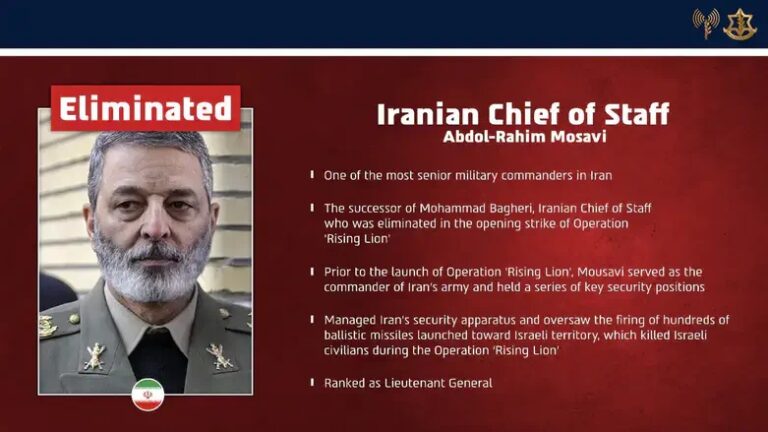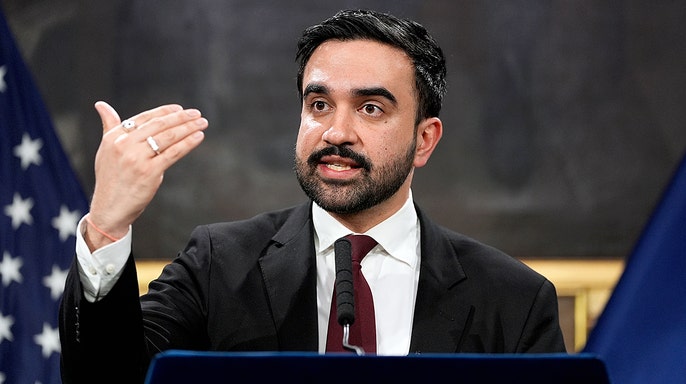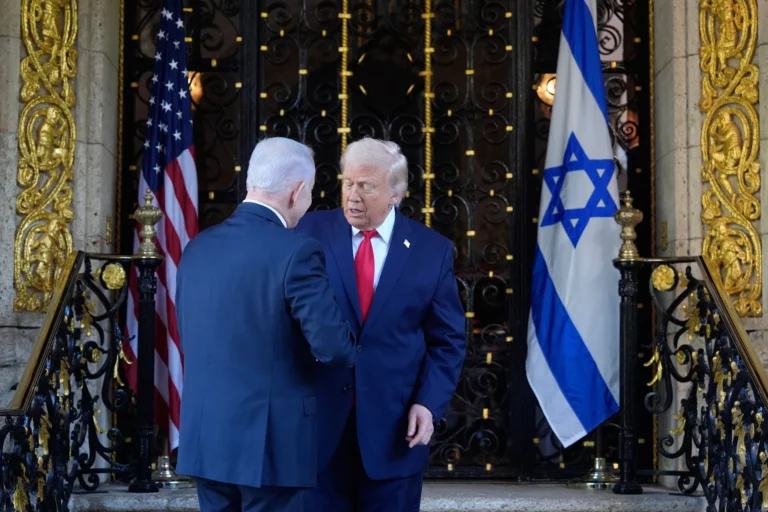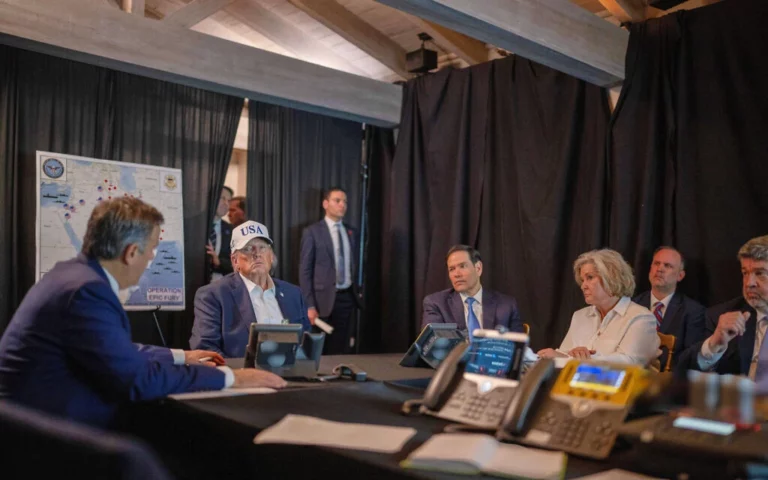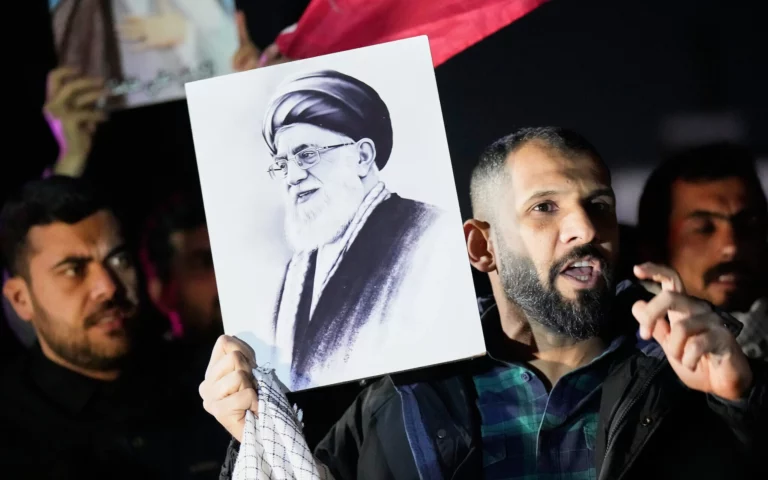 All private hashgachos in Israel have recently submitted their reports to the Tax Authority including a list of all businesses under their hashgacha. The Tax Authority is no going to determine if the reports are accurate. This information was released in a session of the Knesset Control Committee addressing taxation of mekubalim and badatzim.
All private hashgachos in Israel have recently submitted their reports to the Tax Authority including a list of all businesses under their hashgacha. The Tax Authority is no going to determine if the reports are accurate. This information was released in a session of the Knesset Control Committee addressing taxation of mekubalim and badatzim.
Committee Chairman MK (Yesh Atid) Karen Elharrar said “The Tax Authority is moving along nicely in this area towards making sure every last agura owed to the society is paid as it should be. A report the authority released a document dealing with taxation of mekubalim and badatz agencies, and we must make certain this does not remain a “dead letter”, citing the importance of making certain all monies owed to the state coffers are paid.
Mr. Chanan Fogel, a representative of the State Comptroller attending the session stated “The document from the Tax Authority is a statement of intent but no real innovation. The money given to a mekubal and recorded as a gift is presented to the authority as a tax exemption and it will continue in the future like this”.
Tax Authority head Moshe Asher responded “The admorim, mekubalim, mohels, and mesadrei keddushin are no different from all other professionals who must pay income taxes”.
Asher explained to committee members that giving a bracha or advice is providing a service and this demands a fee which is taxable. A gift is not taxable, and this is classified as something given without receiving anything in return. Proper gifts to organizations are entitled to tax deductions under paragraph 46 of the relevant law. Asher explained at present, the focus is on money that goes into private bank accounts for giving a bracha or providing a taxable service.
Roni Chacham, the deputy director of the Tax Authority added that “We have located all of the 44 badatz hechsherim that operated in Israel at one time or another including those that changed names or ceased operations. We have determined with are truly NGOs and which are businesses. 26 of the 44 were instructed to provide lists of their clients. We will use our intelligence and check into their reports. We have information pertaining to some of the salaries of some of the heads of these badatz hashgachos.
Deputy Director-General of the Ministry of Religious Services Moshe Dago told the committee that the responsibility falls on local religious councils and local government and that 40-50 of the private badatz agencies are generally NGOs. He explained his office has all the religious councils on computer and established a uniform standard of activities.
MK (Shas) Yoav Bentzur explained that since a price for a bracha has not been set, it is non-taxable income. He feels this income is a gift as is tzedaka.
MK (Kulanu) Rachel Azaria, who initiated the committee session explained “A mashgiach kashrus of a local religious council who works with a private badatz too is like a Member of Knesset working as a lobbyist”. She feels this is a conflict of interests and the Chief Rabbinate of Israel’s monopoly on kashrus costs the nations NIS 500,000 annually according to treasury findings. “The classic behavior of a monopoly that results in an increase in the cost of living does so simply because it can. The Finance Ministry intends to correct this distortion” stated Azaria, who promised to correct this phenomenon.
According to MK (Yesh Atid) Elazar Stern, the admorim, badatzim and mekubalim generally oppress the lower and middle class with fraud as if they can give they can provide kashrus the Chief Rabbinate is incapable of giving. “I make due with local rabbinate kashrus and at times, not even that” explained Stern.
Businessman Roni Chamama, who own “Garinei Afula” told the committee the Chief Rabbis of Israel who are civil servants are compelling businesses to take a private badatz hashgacha as a prerequisite to receiving a local rabbinate hashgacha. He added the Ministry of Religious Services is not interested in addressing the problem.
Tani Frank, who is Religion & State Projects Coordinator for Ne’emanei Torah V’Avodah told the committee often, stores are compelled to buy Badatz Beit Yosef meat even if they are not interested in doing so. He read from the indictment filed against Holon Chief Rabbi Avraham Yosef Shlita on the matter.
Rabbi Yosef was indicted on suspicion of promoting the hashgacha run by the Yosef family in his capacity as the Chief Rabbi of Holon. Frank explained that store owners in Holon who wanted a mehadrin hashgacha from the city were compelled to buy the Beit Yosef product. He stated the indictment and the allegations contained within are the best proof of the blurring of lines between the local rabbinates and the private hashgachos.
(YWN – Israel Desk, Jerusalem)

